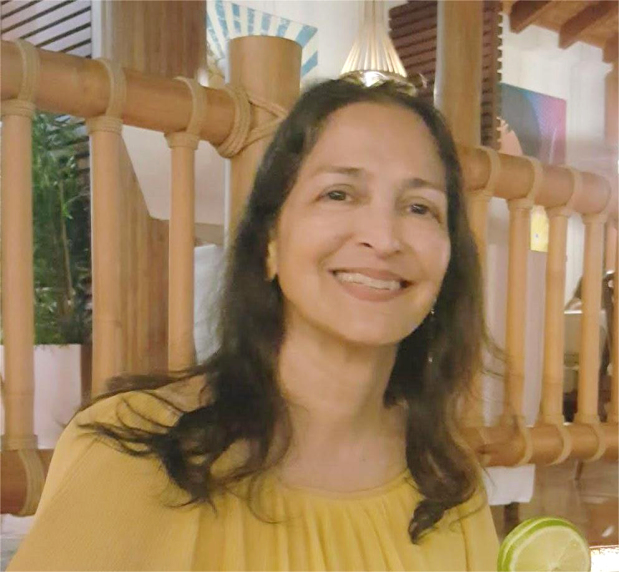The world celebrates International Coffee Day today, dedicated to a beverage that powers millions of mornings and beckons us literally, to wake up and smell the coffee.
Every coffee-drinking country has its own traditions and rituals to celebrate this day, where the concept of ‘going out for coffee’ was popularised by large coffee chains like Starbucks and Tim Hortons in the 20th century.
My own love affair with coffee began as a teen when, I got a whiff and then a taste of my mom’s special filter coffee brewed in a traditional percolator. Whoa! One sip and I was floored. The decoction – a thick, chocolatey brown, strong, flavourful hot liquid stirred me to convert from Karak to Kapi. As we grew up, our friends would often visit for a shot of mom’s Kapi served with hot lentil fritters.
Heavenly!
Ethiopia is widely considered the birthplace. Kaldi, a goat herder in the 9th century, noticed his goats became unusually energetic, danced and pranced merrily after eating berries from a wild tree. He tried the berries himself and felt energised too and shared his discovery with the nearby Sufi monks. They promptly threw the ‘demonic’ berries into a fire but when the roasting beans released an irresistible aroma, the monks raked them out, ground them and Walla! They had consumed history’s first cup of coffee, a brew that fuelled their long nightly prayers.
No truth to that tale but it does make good reading. But, hey, it still has some of the world’s best coffee.
And when Sultan Süleyman annexed Yemen in 1538, coffee entered the Ottoman Empire and soon reached Istanbul. For the Turks, coffee was more than a drink. It was a necessity and seen as a household staple with medicinal, social and psychological benefits hence a Turkish law made it possible for women to file for divorce if her husband failed to provide her an adequate quota of coffee.
Now that had me sit up and reach for a strong, dark coffee!
By the 1550s, Türkiye had its first ‘ghave khaneh’ (coffee house), which quickly became a vibrant social hub for cultural and political discussions that attracted intellectuals, poets and scholars.
Its journey to India began in the 17th century. A legend steeped in history credits an Indian Sufi saint Baba Budan who en route to Mecca on his pilgrimage tasted the brew in Yemen. Arabs held a strict monopoly on coffee and export of the beans was forbidden to prevent cultivation by others, so the beans were sold in a roasted or boiled state only.
Baba Budan who had developed a taste for it, smuggled seven raw coffee beans from the Yemeni port of Mocha to India by hiding them in his long beard. Ah! The untold benefits of a long beard! He planted these beans on the slopes of the Chandradrona hills, now known as the Baba Budangiri hills. This act of daring, defiance and deviousness has been attributed as the start of India’s long and steady romance with the ‘Kaapi’ culture.
Indeed, a beverage with many interesting legends but today it’s serious business. With curated coffees, hot and cold options, coffee shops and artisanal cafés are raking in millions serving this brew.
Quite frankly, sharing a coffee with family, friends or even strangers at airport lounges or coffee bars is an experience that goes beyond the drink. It fosters connection and camaraderie, with a story in every sip.
So, reach out for your cuppa cheer and rejoice this day with a coffee of your choice. I am heading out for a long coffee.


&uuid=(email))